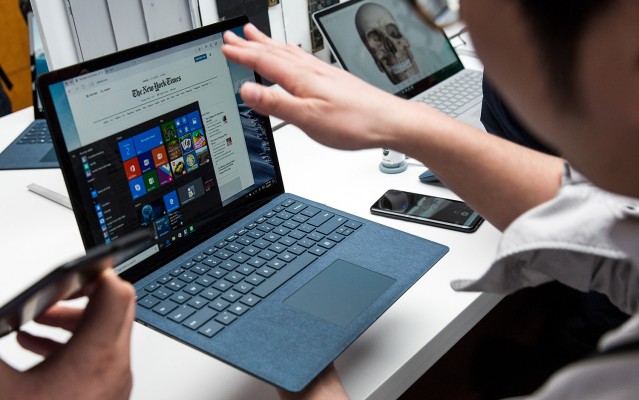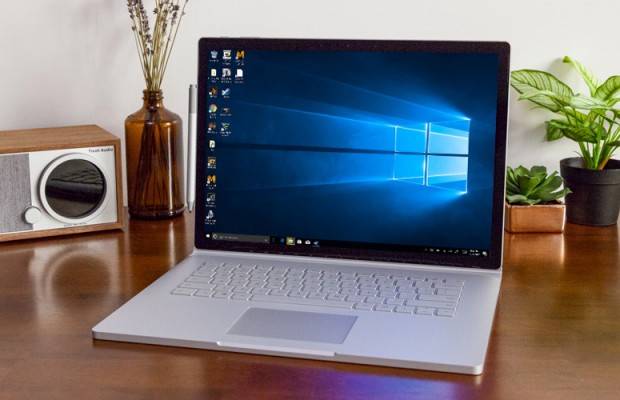5 Things Windows Core OS Needs to Win
If Microsoft wants its next Windows to be a game-changer it has to clean up years of baggage.
Sooner or later, possibly at Microsoft's October 2 event, we're going to see a brave new version of Windows 10 that's reportedly called Windows Core OS. Yes, after years of Google's Chrome OS being the cool new kid on the block — lauded for its simplicity and efficiency — Microsoft is looking to thrill.
But will Core OS actually rock or just cause more confusion (hi Windows 8)? If Core OS is to be that big win that Microsoft likely wants, the team at Redmond, Washington will need to fulfill at least 3 of these 5 wishes.
A really cool device
Rumors of a dual-screen Surface device, codenamed Centaurus, have been around since this past summer. If Core OS is to grab the attention of users everywhere, it should be the core (pun intended) of a new piece of hardware that people want.
MORE: Which Surface Is Right for You? Go vs Pro vs Laptop
That device may be the revived Courier tablet, which looked like a book that opened up to reveal two full-page sized screens. Whatever the launch device would be, it could give people a chance to be in awe of a Windows update, a feat which hasn’t happened in a while (though the latest version of Terminal got praise for its redesign).
Sign up to receive The Snapshot, a free special dispatch from Laptop Mag, in your inbox.
More diverse mobile device integration
Core OS is rumored to have a modularity that I really want mobile device manufacturers to take advantage of. Windows has been doing an increasingly better job of carrying Android integrations and push notifications into Windows, but lately all of the fruits of its labor appear to be going to Samsung devices, as the two companies highlighted their collaborations at Unpacked 2019.
Imagine, though, if system-level device integration could be an installable module (an app, but deep reaching and approved by Microsoft) away. No matter which device you have, as long as its maker develops for Windows, you could get texts from your phone, and more.
Better system update management
I might work on Macs, but I work around enough people on Windows PCs that I can still hear their grievances when a forced restart hits their machine. If Core OS is supposed to have some similarities with Chrome OS, ease of management should be paramount.
Or put more simply: no operating system should feel like a chore. If Windows could perform all of its updates and security patches in the background, no matter what, users would get that carefree experience that educators praise Chromebooks for offering.
All the apps
As much as I personally would love Microsoft to trash all of the old stuff and start cleaner, that might not be possible. While early reports claimed that older Win32 programs would be out of the question, it appears (according to Windows Central) that Microsoft is working to use remote and local emulation to support older applications.
No more redundant menus
In the transition from Windows 7 and 8 to Windows 10 — which bears a whole new look — Microsoft made a whole new set of menus. They're clean, modern, boxy and easy to read. Unfortunately Microsoft didn't remove all of its old menus, and there's a bit of duplication of kinds of settings.
For example, the Control Panel and device manager are still around. If you're going to make a new Windows, that supposedly simplifies everything down to the core? You're gonna need to make sure everything matches and that nothing's confusing.
Windows, for all of its years of technologies, has a lot of technological debt based on needing to hold onto the past for the sake of enterprise, and Core can clean it all up.
Credit: Laptop Mag
Henry was a contributing writer at Laptop Mag. He penned hundreds of articles, including helpful how-tos for Windows, Mac, and Gmail. Henry has also written about some of the best Chromebooks, and he has reviewed many Apple devices, including various MacBook Air laptops. He is now a managing editor at our sister site Tom's Guide, covering streaming media, laptops, and all things Apple.


